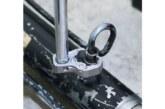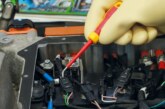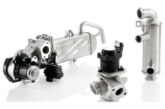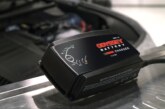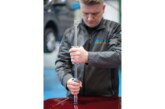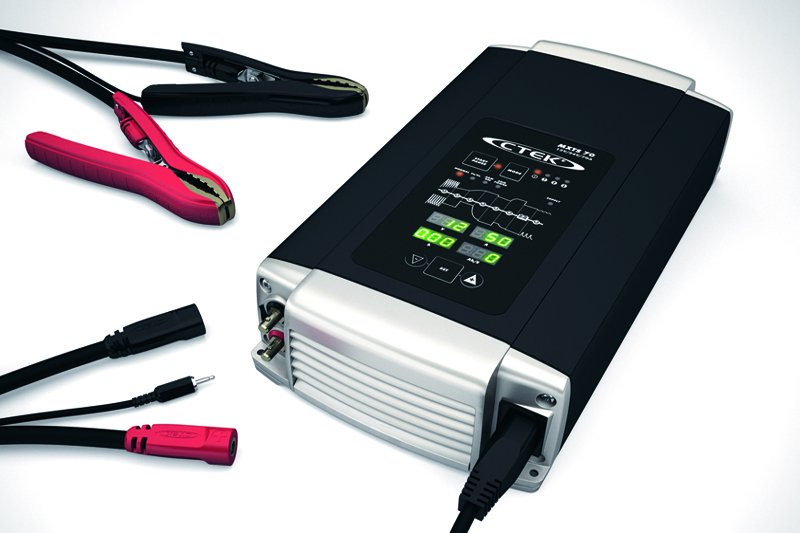
With batteries put under huge pressure by modern technologies, the demands consequently placed on technicians cannot be ignored. Here, Henk Lubberts, from CTEK, offers some advice on battery support while vehicles are in the workshop.
Whether a vehicle is in use, in the workshop for service or repair, or parked up, the battery is being placed under greater strain than ever before, risking failure. We therefore cannot ignore the demands that complex vehicle technologies are placing on workshops.
Research tells us that one in four commercial vehicles arrive in the workshop with a battery problem – a
threat that could cause technicians problems. So whether you are repairing a vehicle, testing electrical circuits, carrying out diagnostic procedures or flash programming ECUs, battery support is a vital activity often not fully appreciated for its importance. Ultimately, it can save time, ensure against programming failures and prevent possible costly damage to the ECU.
Maintaining battery charge is critical
The reprogramming of ECU modules and fault code diagnostics requires the ignition switched on without the engine running. This means that during programming, the vehicle’s systems are operated solely from the power of the battery. Maintaining battery charge is critical to avoid unnecessary down time, lost vehicle data or even damage to sensitive electronics.
Ensure a constant voltage
‘Battery Support’ (as distinct from charging) is vital for the supply of ‘clean’ constant voltage for vehicle programming. Indeed, many modern vehicles simply won’t even start communicating with diagnostic or reprogramming equipment unless a specified voltage can be seen across the vehicle system. Should battery voltage alter significantly during reprogramming, the programme can fail, meaning a time consuming restart, or worse still, the ECU can be damaged beyond recovery, requiring expensive replacement.
Use dedicated battery support equipment
Using equipment dedicated to battery support is now a necessity in the modern workshop. Using a slave battery, standalone battery charger or booster pack is not appropriate. Slave batteries and boost packs are unreliable as they depend on a battery themselves so will discharge, while they often struggle to cope with sudden increases in current demand. ‘Pure’ battery chargers are not recommended either as they can increase battery voltage beyond operating levels which can affect reprogramming procedures as well as possibly damaging sensitive test equipment.
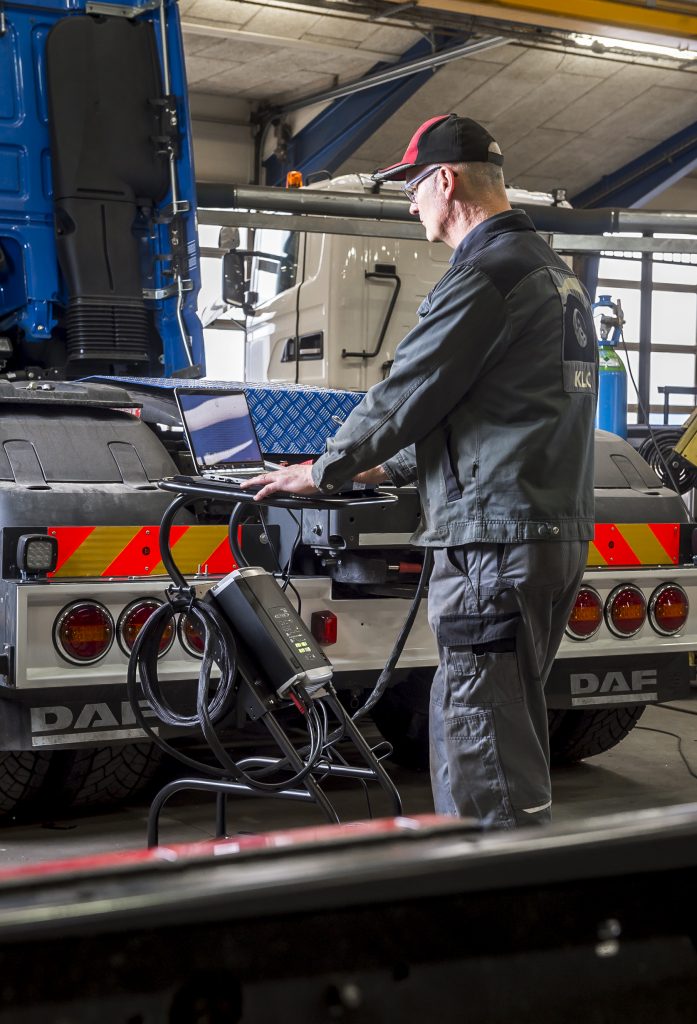
As a solution, the MXTS 70/50 from CTEK is a versatile and highly efficient battery charger and support unit that delivers up to 50A of constant power supply in 12 and 24V mode. In 12V mode, up to 70A of power is automatically available for temporary high loads. It offers flexibility for the user with 13.6-14.8V (12V mode) and 27.2-29.6V (24V mode) of battery support available, in selectable 0.1V increments.
It also reacts quickly to sudden increases in power demands to maintain a steady voltage at all times. With its variable, yet stable output due to its inherently low voltage ripple, low current ripple and a range of integrated safety features, the MXTS 70/50 is safe for the battery and the vehicle’s delicate electronic systems. It’s therefore ideal for diagnostic or software flashing work.
Battery support in the workshop is vital to ensuring workshop productivity and efficiency, also ensuring minimal downtime for one of your most important assets. It’s not a case of can you afford to invest in dedicated equipment, but rather a question of can you afford not to!



